 Language
Language

Health insurance is a financial contract between the policyholder and the insurer, where the insurer covers medical expenses in exchange for a premium. It includes coverage for treatments, surgeries, prescriptions, and hospitalization costs, ensuring financial security during medical emergencies.
With rising healthcare costs and medical inflation, having a health insurance policy protects you from draining your savings during unexpected medical crises. It acts as a financial safety net, ensuring access to quality healthcare without out-of-pocket expenses.

A well-chosen health insurance policy provides comprehensive coverage and financial relief. Here are some key advantages:
Before buying a health insurance policy, check the important factors mentioned in the list below. If a health insurance policy fulfills all the necessary benefits, it means the policy is truly good.
| Tax benefits | Annual health checks | Maternity benefits |
| Ambulance charges | Critical illness cover | Emergency services |
| Convalescent cost coverage | Mental health care | Financial protection |
| Increasing medical costs | Cashless treatments | Preventive care |
| Quality Healthcare | Group health insurance | Daycare procedures |
| Prescription drugs | Hospitalization expenses | Pre-existing diseases |
| Comprehensive coverage | Entire coverage | Hospital care |
| Lifetime protection | Peace of mind | Pediatric Services |
Modern health insurance policies offer comprehensive features to maximize your healthcare benefits. Key features include:
Different health insurance plans cater to varied needs. Here are the most common ones:
Healthcare costs are rising at an alarming rate. Without health insurance, even a single hospitalization can drain savings.
Medical insurance offers access to better hospitals and treatments without financial strain.
Premiums paid for medical insurance are tax-deductible under Section 80D of the Income Tax Act.
Family floater plans offer coverage for spouses, children, and parents under one policy.
During any medical contingency, a cashless treatment facility comes in extremely handy. Some of the major benefits of cashless treatment include:
With the help of a cashless health insurance plans, you can easily access quality healthcare immediately without financial worries. You need to inform the authorities within 24 hours of emergency hospitalisation and 48 hours of planned hospitalisation.
With the aid of a cashless treatment facility, you can utilize all the comprehensive benefits of your medical insurance plan.
If you, unfortunately, fall sick while travelling, you can avail of a cashless treatment facility at any network hospital throughout the country.
Buying health insurance online is quick and convenient. Follow these steps:
So far it is clear that medical insurance is ideally extremely helpful. Some of its most highlighting benefits include:
Hospitalisation charges: All standard health plans cover hospitalisation costs. However, claims are settled only for those health issues that were not present during the policy purchase. Several insurance providers offer plans like critical illness plans, offering coverage for listed critical ailments, accidental coverage plans, etc.
Zero capping on ICU charges: Several insurance providers offer plans without any room rent capping on ICU charges. The beneficiary can opt to live in a private cabin at the cost of the insurance provider. However, if it exhausts the plan terms, he/she has to settle the excess dues.
Mental illness coverage: Health insurance plans also cover mental illness treatment costs. This has become mandatory as per the IRDAI norms considering the steep rise in mental health issues.
Bariatric surgery costs: Only a specific handful of health insurance plans offer coverage for obesity treatment. The premium rates are slightly higher.
Zero room rent capping: Health insurance plans usually cover room rents during hospitalisation. They previously disclosed the total disbursement amount in this context.
Daycare procedures: These are those medical procedures that require less than 24 hours of hospitalisation like cataract surgery, angiogram, dialysis, etc. Most health insurance plans cover these.
Ambulance charges: General health insurance plans allow road ambulance cost coverage incurred during medical contingency.
Refilling sum insured: Under such health insurance plans, you can make up to 2 claims per year within the specified sum insured limit, provided the health issues differ in both cases.
Daily cash cover: Best health insurance plans also offer daily cash allowance to compensate for the income loss incurred during the term of hospitalisation.
Zone upgrade: In terms of medical insurance, zones are classified as per the average medical expenses in the concerned city. They tend to be comparatively higher in the metro cities than towns and other smaller cities. This particular add-on allows you to consider the cost disparity costing slightly additional premium charges. However, it subsequently saves your total premium payment cost by nearly 10% to 20%.
Domiciliary cost coverage: Certain treatments may require domiciliary treatment rather than hospitalisation as per the doctor’s advice. Some medical insurance plans even offer coverage for such treatments too.
Organ donation costs: If any major organ like the liver or kidney requires replacement, it becomes extremely expensive. However, health insurance plans cover organ donation costs depending on the terms of the plan.
Investing in health insurance is not just a financial decision—it’s a crucial step toward securing your health and peace of mind. Here are the top reasons why purchasing a health insurance plan is essential:
The cost of quality healthcare is rising exponentially due to medical inflation. A health insurance plan ensures you can access the best treatments without depleting your savings. From hospitalization to medication, your policy acts as a financial cushion during unexpected medical emergencies.
Health insurance allows you to avail of cashless treatments at network hospitals, reducing the financial burden during emergencies. You no longer need to arrange funds upfront; the insurer directly settles your bills with the hospital.
The prevalence of lifestyle-related diseases such as diabetes, hypertension, and cardiac conditions has increased due to sedentary habits and stress. Medical insurance offers coverage for these ailments, including routine check-ups, preventive care, and treatment costs.
Most medical insurance policies cover not only hospitalization expenses but also the costs incurred before and after hospitalization. These include diagnostic tests, follow-up consultations, and medications.
Modern health insurance plans provide critical illness coverage, offering a lump-sum payout if diagnosed with severe conditions like cancer, stroke, or organ failure. This ensures you’re financially prepared for advanced treatments.
Purchasing medical insurance helps you save on taxes. Under Section 80D of the Income Tax Act, you can claim deductions of up to ₹75,000 (for senior citizens) on premiums paid for yourself and your family.
With the right health insurance plan, you’re prepared for any medical emergency. This peace of mind allows you to focus on recovery rather than worrying about financial burdens during challenging times.
Health insurance policies today come with portability options, allowing you to switch insurers without losing accumulated benefits like the no-claim bonus. You can also enhance your plan with add-ons like maternity coverage, OPD benefits, or room rent waivers.
| Eligibility Factor | Details |
|---|---|
| Age of the Insured | Entry age: 18 to 65 years for adults, as early as 90 days for newborns in family plans. Senior citizen plans available for those above 60 years. |
| Medical History (PEDs) | Pre-existing conditions require a waiting period (2-4 years). Affects premium rates based on risk levels. |
| Risk Exposure and Lifestyle | Lifestyle habits (e.g., smoking) and high-risk jobs may increase premiums. Sedentary lifestyles may also impact premiums. |
| Geographic Location | Premiums may vary by location, with urban areas often having higher rates due to healthcare costs.Premiums may vary by location, with urban areas often having higher rates due to healthcare costs. |
| ELIGIBILITY | EXEMPTION LIMIT |
|---|---|
| For self, spouse, and dependent children | Up to INR 25000 |
| For self +spouse + dependent children + parents below 60 years | Up to INR 50000 |
| For self + family + parents above 60 years (the eldest member other than the parents must be a non-senior citizen) | Up to INR 75000 |
| For self + family + parents ( where both the eldest member and the parents are senior citizens) | Up to INR 1 lakh |
Renewing your health insurance policy online is a quick and hassle-free process. Follow these steps to ensure uninterrupted coverage:
| Highlights | Specifications |
|---|---|
While health insurance provides extensive coverage, certain exclusions exist:
Comparing different policies before buying ensures you get the best deal. Here’s why it’s crucial:
Comparing similar health insurance plans offered by different companies is very crucial for understanding the scenario well and acquiring the most suitable plan at the most affordable rate:
Ensuring optimum coverage: There is no single plan that equally fits everyone well. Comparative analysis is essential to understand which plan suits you the best.
Effective cost management: You must compare different plans to ensure receiving the best coverage at the most affordable rate.
Plan terms and conditions: Once you begin your comparative study among different plans, you get a better grasp of the nature of policy terms and conditions. This aids you in making an informed decision.
Additional benefits: Comparing different policies will help you explore different additional benefits and riders.
Customised coverage: When you compare health insurance plans you pave the road to utilise customised coverage, a perfect plan that satisfies most of your requirements.
Value for money: When you purchase a health policy after careful comparison, you ensure to get optimum value for money.
Command: When you compare different health policies before purchasing, you remain in command to secure the perfect match considering your requirements.
| Criteria | Coverfox | Provider 1 | Provider 2 | Provider 3 |
|---|---|---|---|---|
| Cost Efficiency | ✅ Competitive | ❌ Slightly High | ✅ Low Cost | ❌ Slightly High |
| Claim Settlement | ✅ Fast Claims | ✅ Moderate | ✅ AI-Powered | ✅ Quick Support |
| Customer Support | ✅ 24/7 | ✅ 24/7 | ❌ Limited | ✅ Available |
Claiming health insurance can be done in two ways:
Age proof like passport, birth certificate, etc.
Identity proof like passport, Aadhaar Card, etc.
Address proof like passport, DL, utility bills, etc.
A duly filled and signed claim form
Recent passport-size photo
All the hospital bills, receipts, documents, reports, prescriptions
Pre-authorised claim form for cashless claim
Identity proof
For reimbursement claim, you need the following documents:
Discharge summary from the hospital
All the receipts, bills, prescriptions, reports, and documents, issued during hospitalisation
Identity proof
Cashless Claims: Seek treatment at a network hospital, present the insurance card, and let the insurer handle expenses.
Reimbursement Claims: Pay bills out of pocket, submit documents, and get reimbursed.
Documents Required: Discharge summary, hospital bills, prescriptions, and investigation reports.
Purchasing medical insurance requires careful consideration to ensure you get maximum coverage and a smooth claim process. Use this checklist to evaluate the best plan for your needs:
| Checklist Item | Details |
|---|---|
| Inclusions and Exclusions | Review what is and isn’t covered under the policy to avoid surprises during claims. |
| Waiting Periods | Understand the waiting periods for pre-existing diseases, maternity benefits, and specific treatments. |
| Network Hospitals | Check the list of cashless network hospitals to ensure coverage in your area. |
| Sum Insured | Choose an adequate sum insured to meet potential medical expenses, considering rising costs. |
| Premium and Benefits | Compare premiums with the coverage offered to strike the right balance between cost and protection. |
| Claim Settlement Ratio | Look for insurers with high claim settlement ratios for faster and hassle-free claim processing. |
| Add-On Covers | Opt for riders like critical illness cover, maternity benefits, or room rent waiver if required. |
| Portability Options | Check if you can switch policies or insurers without losing accumulated benefits. |
| Free Health Check-Ups | Ensure the policy offers complimentary annual health check-ups for proactive health management. |
While dealing with health insurance you must note that health insurance and medical insurance are different:
| HEALTH INSURANCE | MEDICAL INSURANCE |
|---|---|
| Allows wide coverage for multiple health ailments | Allows coverage for specific medical ailments and expenses |
| Usually bought by individuals or offered by employers under a group plan | Usually bought as an additional rider/add-on to an existing health insurance plan |
| Allows preventive care, doctor’s costs, and medicine cost coverage | Only allow hospitalisation, surgery, and rehabilitation costs |
| May need deductibles and/or co-payments | May allow lump sum payment as compensation for income loss during recovery and cover for additional charges |




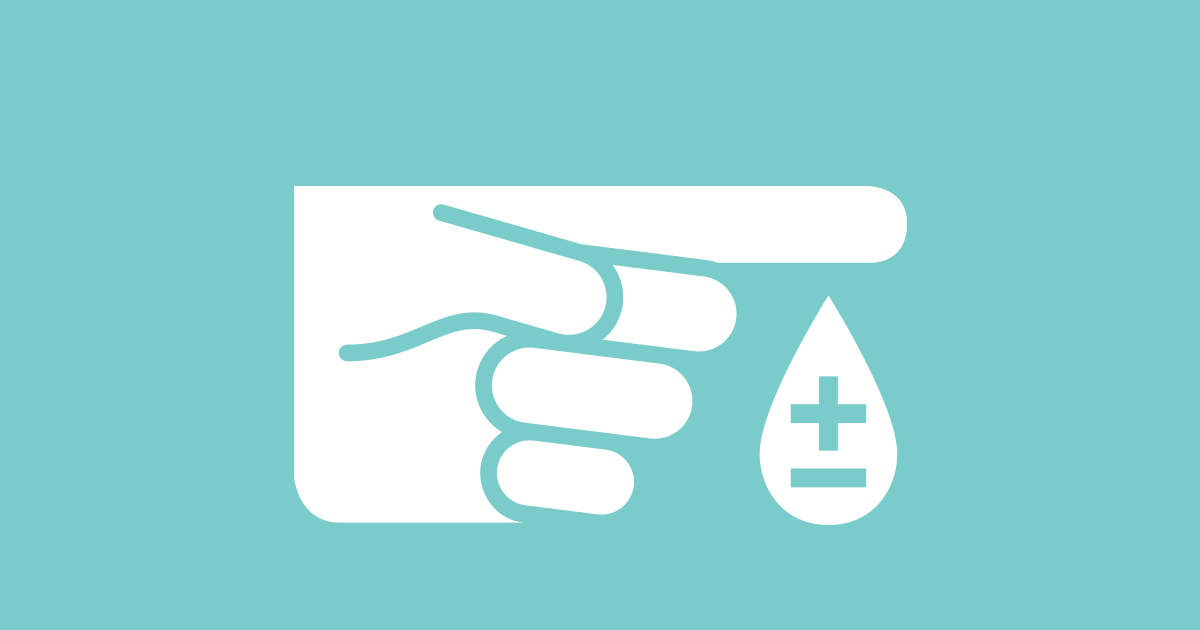

Enhance your health insurance plan with useful add-ons, including:
Room Rent Waiver: No cap on the type of hospital room you choose.
Maternity Benefits: Coverage for childbirth, pre-natal, and post-natal care.
OPD Coverage: Reimbursements for outpatient consultations and medicines.
Critical Illness Rider: Lump-sum payout upon diagnosis of life-threatening illnesses.
"I'm Young and Healthy; I Don't Need It."
Reality: Accidents and sudden illnesses can happen at any age. Early purchase locks in lower premiums.
"It Only Covers Hospitalization."
Reality: Modern plans cover OPD, daycare treatments, pre- and post-hospitalization, and mental health care.
"Pre-Existing Conditions Aren't Covered."
Reality: They are covered after a waiting period of 2-4 years, and policy portability can reduce this time.
"It's Too Expensive."
Reality: Affordable options, top-up plans, and tax benefits under Section 80D make it cost-effective.
"My Employer’s Plan Is Enough."
Reality: Employer coverage ends when you leave the job and may have a low sum insured. A personal plan offers lifelong protection.









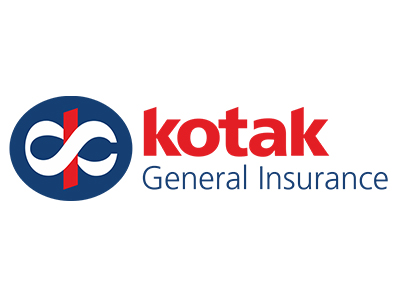



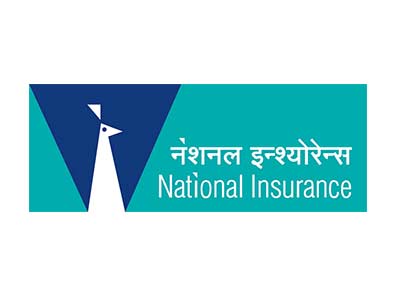
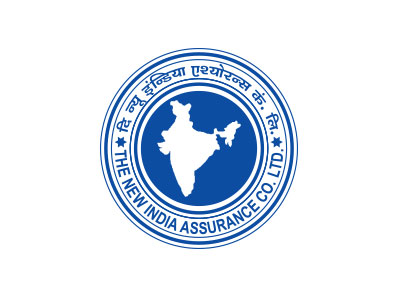
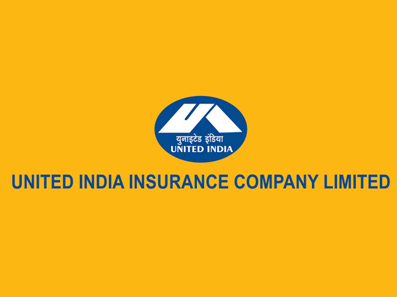
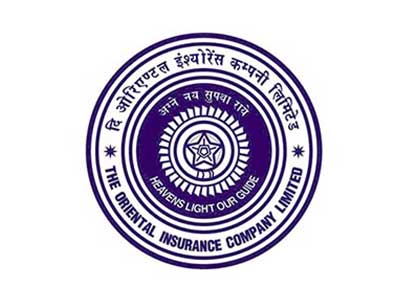




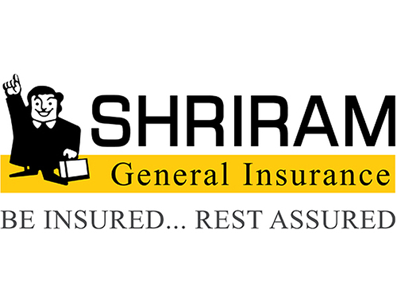


The importance of health insurance cannot be exaggerated. Some of the most significant factors that highlight the importance of health insurance especially considering the current-day scenario include:
Competent coverage of medical expenses: Health insurance allows medical emergency coverage without any need for immediate upfront payment.
Cashless hospitalisation facility: You can access cashless hospitalisation facilities throughout the country among network hospitals.
Family protection: You can ensure family protection using a family floater plan.
Combatting medical inflation: Health insurance policies allow you to combat medical inflation most effectively, ensuring efficient finance management.
Critical illness coverage: Some health insurance policies even allow critical illness coverage.
In-patient care: In-patient hospitalisation coverage is allowed under health insurance.
No Claim bonus: Health insurance policies allow NCB for non-claim years, eventually raising the sum insured amount at no additional cost.
Additional riders: You can add befitting riders to enhance the coverage span.
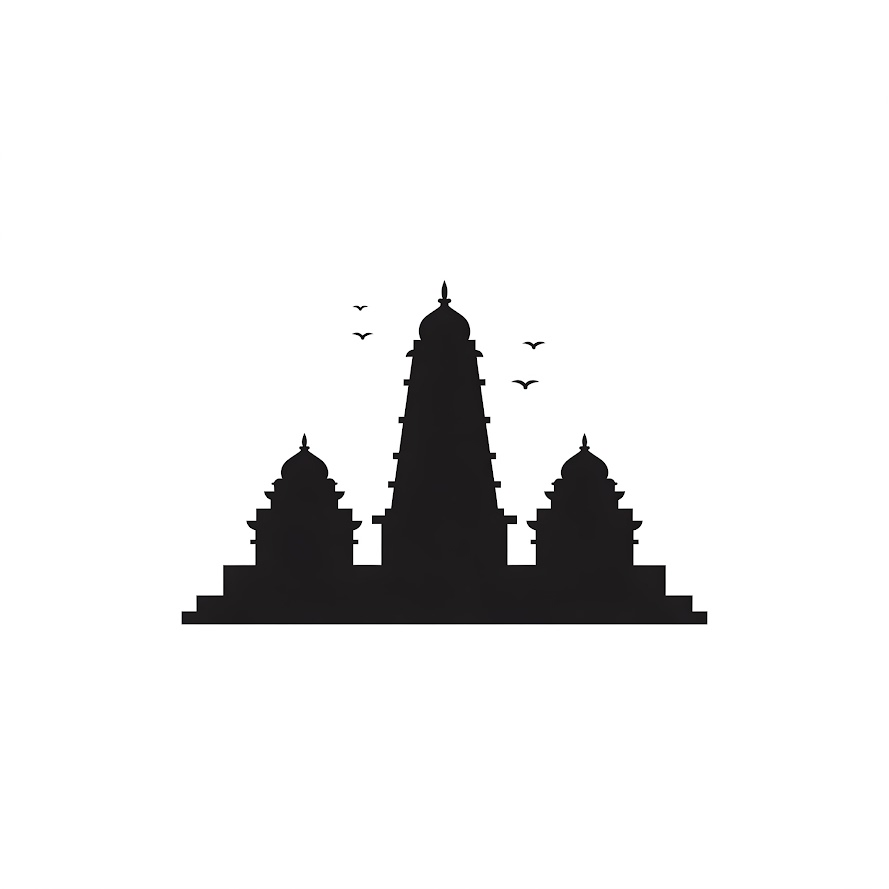

Coverfox is a commendable name in the health insurance India industry. Some of the significant reasons for purchasing best health insurance plans through Coverfox include:
User-friendly: Coverfox maintains a simple and easy-to-understand interface for easy online health insurance purchases in India. You can even use their official site to renew health insurance online in India.
Ample options: Coverfox offers best health insurance options considering the varied requirements of the wide customer base.
Affordable: The health insurance options available on Coverfox are comparatively much more affordable and offer competent comprehensive coverage.
Network hospitals: Coverfox maintains a wide network of hospitals throughout the country for easy cashless hospitalisation facilities.
While wrapping up, we must emphasise that health insurance has become a necessity considering the current circumstances of steep medical inflation. So, it is best to purchase one at the earliest. You can easily buy best health insurance online with a few simple clicks and taps on your computer or smartphone. However, consider all the tips and tactics mentioned here to ensure optimum coverage without burdening your pocket.
Ans: Policies are available from birth, but typically start from 18 years for adults.
Ans: No, there’s usually a waiting period of 2-4 years.
Ans: Cashless claims are settled directly by the insurer; reimbursement requires you to pay upfront and submit bills for repayment.
Ans: Purchase a top-up policy that extends your sum insured beyond a certain threshold.